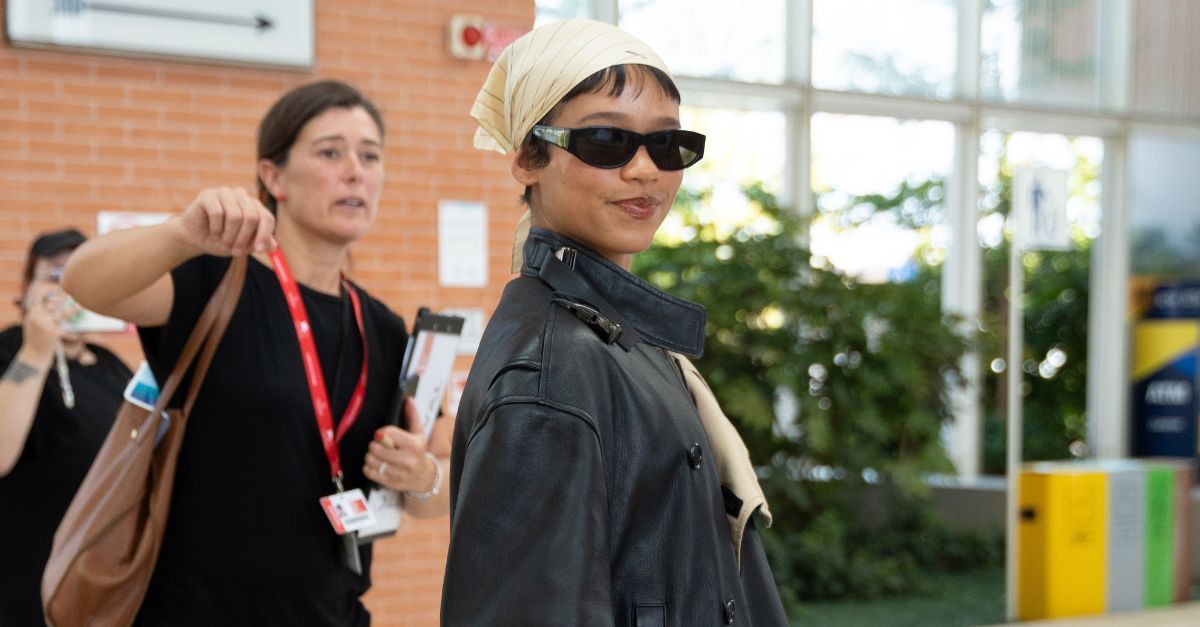A 2024 survey by consumer data company CivicScience revealed that 71% of more than 2,400 respondents who handle their own travel arrangements find the process at least somewhat stressful. The figure is even higher among parents with children and teenagers, the survey noted.
Trip planning often involves navigating through a maze of booking websites, star ratings, reviews, and fine print — not only to decide what to book but also to secure the best available price. However, artificial intelligence promises to simplify this process, as generative AI tools like ChatGPT can already generate itineraries and recommendations in mere seconds.
Glenn Fogel, CEO of Booking Holdings, stated that he aims to “go beyond” this level of service. Instead of requiring travelers to plan their trips from scratch, Fogel explained that his company’s brands — including Booking.com, Agoda, Kayak, Priceline, and OpenTable — should proactively anticipate customer needs.
Fogel expressed a vision where the company reaches out to travelers with tailored suggestions based on their data, saying that they could suggest destinations like Naples in Italy, informed by customer preferences and past behavior. This, he suggested, would create a more engaging experience for customers.
Fogel explained that travelers with specific preferences, such as connecting rooms, baby cribs, or high-floor hotel rooms, would not have to request these extras repeatedly because AI would predict these needs in advance. He likened this future to the days of human travel agents who knew their clients well but suggested that technology could offer an even better experience.
Fogel also mentioned that generative AI could adapt to travelers’ changing needs over time, accommodating shifts from post-college trips to Ibiza in their 20s to family vacations at Disney World in their 30s. The AI would learn from clues, such as the first time a traveler requests a baby chair, indicating they have a child and would need similar amenities in the future.
According to Expedia Group’s “The Path to Purchase” report, conducted with Luth Research, travelers currently spend more than five hours reading around 141 travel-related webpages in the 45 days leading up to their bookings. But Fogel envisioned a future where entire trips — including flights, accommodations, activities, and meals — could be booked in a single session.
Fogel expressed his desire for even more innovation, where travelers would receive proactive suggestions. For example, if planning a luxurious trip to London, the AI might recommend a steakhouse in Mayfair and offer discounts on wines the traveler is known to enjoy. He emphasized that such personalization would be groundbreaking.
While many are eager to know when these advanced planning tools will be available, Fogel acknowledged that the reality often lags behind the hype for such transformative technologies. He anticipated that these tools would develop incrementally, with new services and products being added over time, enhancing the models with more data to provide increasingly sophisticated services.
Fogel highlighted that the company had already launched a generative AI service called “Trip Planner” on Booking.com, which is currently in beta testing. He described it as providing “a small glimpse of what the future holds.” While he couldn’t provide a timeline for when seamless, all-in-one trip planning would become standard, he was confident it would eventually happen.
Have you read?
The Daunting CEO Agenda: What it Means for Communications.
How to Write Attractive Book Proposals? Jennifer Scott Pens Some Tips.
The Psychology Tool Leaders Can Use to Increase Productivity.
Generative AI Offers Major Benefits for Independent Workers.
7 things I didn’t know about flying business class.
Add CEOWORLD magazine to your Google News feed.
Follow CEOWORLD magazine headlines on: Google News, LinkedIn, Twitter, and Facebook.
Copyright 2024 The CEOWORLD magazine. All rights reserved. This material (and any extract from it) must not be copied, redistributed or placed on any website, without CEOWORLD magazine’ prior written consent. For media queries, please contact: info@ceoworld.biz







































































